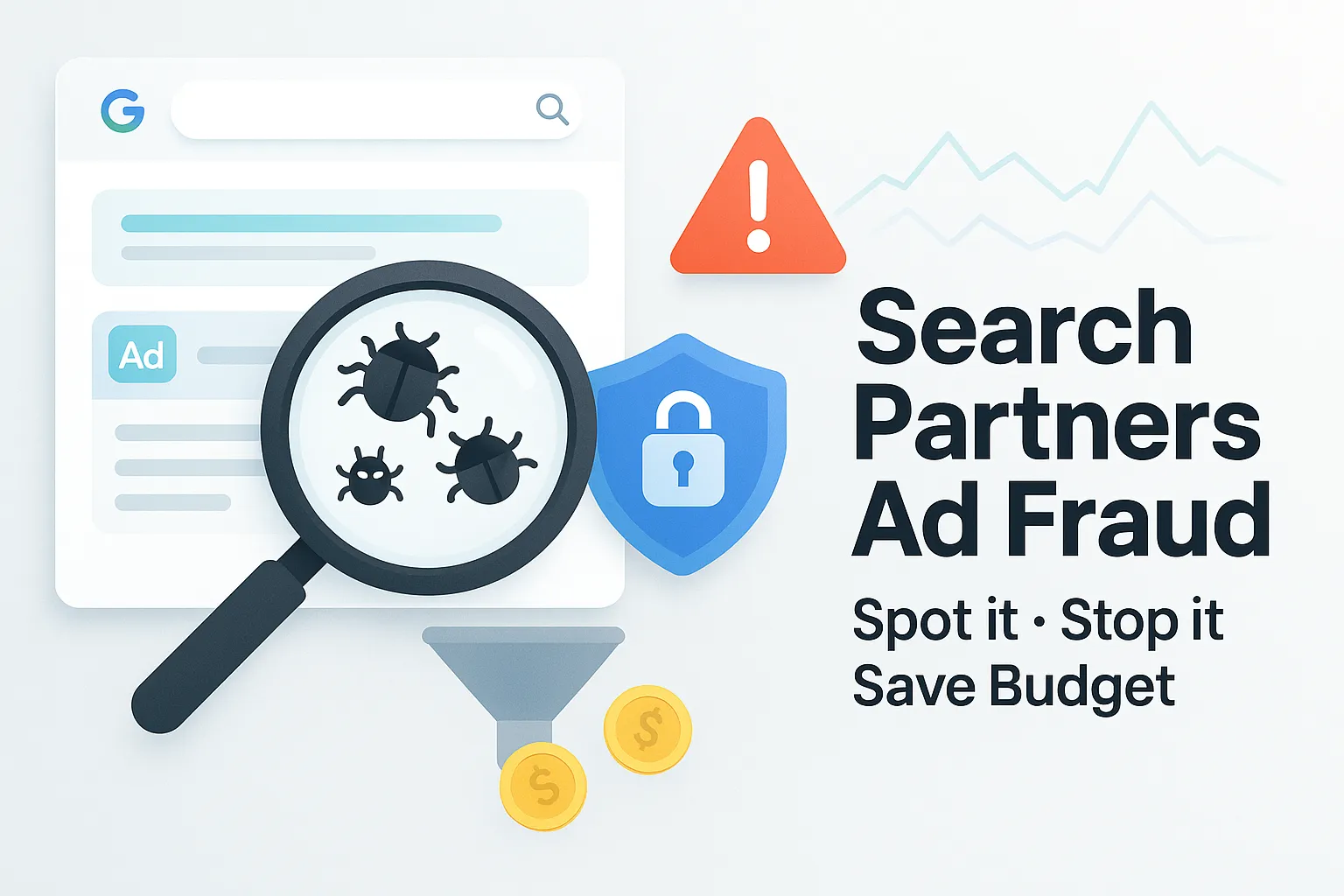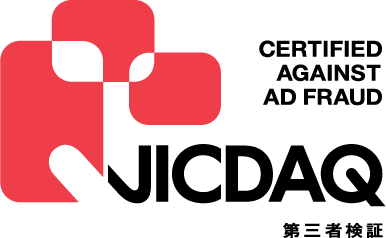How Much Should a Company Spend on Marketing: A Thoughtful Analysis

The big question of "how much should a company spend on marketing?" doesn't have a straight forward answer. The allocation of the right budget for marketing stands as a pivotal factor, influencing a company's growth trajectory and overall success. In this comprehensive guide, we'll delve into the intricacies of determining an optimal marketing budget, considering factors like how much should i spend on advertising, how much to spend on marketing, and other related queries.
Strategic budgeting for marketing is a fundamental aspect of navigating the competitive business arena successfully. The question of how much should a company spend on marketing is central to this process, demanding careful consideration as both overspending and underspending can significantly impact the bottom line. Achieving the right balance is paramount for reaching marketing goals and maximizing return on investment (ROI).
Factors Influencing Marketing Budget

Before looking into specific budget figures, it is crucial to understand the multifaceted factors that influence how much should a business spend on marketing. Every company is unique, and its marketing budget should be tailor-made to align with its specific goals, industry, and target audience.
1. Business Goals and Objectives
Your marketing budget should intricately align with your business goals. The initial step in determining how much to spend on advertising is to understand if you're aiming for brand awareness, lead generation, or sales conversion.
2. Industry Benchmarks
To answer how much does a company spend on advertising, industry benchmarks are invaluable. Researching these benchmarks provides insights into how your company revenue and spending compares to competitors, ensuring your budget remains competitive within your sector.
3. Revenue and Growth Targets
The size and growth stage of your business play a pivotal role in deciding how much should a marketing budget be. A startup may allocate a higher percentage of its budget to marketing to gain traction, while marketing leaders at an established company might focus on maintaining market share.
4. Industry Dynamics and Market Trends
Understanding the ever-changing landscape of your industry is crucial when determining how much should a business spend on marketing. Industry dynamics and market trends directly impact the effectiveness of marketing strategies. Staying abreast of emerging trends ensures that your digital marketing budget is allocated to channels that resonate with your target audience within the current market environment.
5. Customer Demographics and Behavior
Delving into your target audience's demographics and behavior is a fundamental step in shaping your marketing budget. Identifying who your customers are, their preferences, and where they spend their time online or offline helps in crafting a content marketing budget that maximizes your reach. This personalized approach ensures that your marketing efforts are not only impactful but also resonate with your audience.
6. Competitor Analysis
A comprehensive understanding of your competitors is essential in the budgeting process. Analyzing their digital marketing budgets, strategies, channels, and success metrics provides valuable insights into how much does a company spend on advertising within your industry. This analysis helps in benchmarking your own budget, ensuring that you remain competitive and innovative in the market.
7. Technological Advancements
In the age of rapid technological advancements, staying ahead of the curve is imperative for effective marketing. Investing in cutting-edge technologies and tools can enhance the efficiency and impact of your marketing efforts. Assessing the role of emerging technologies in your industry landscape should be a factor in determining how much should a marketing budget be for staying technologically relevant.
8. Global and Local Economic Factors
Economic factors, both global and local, can significantly influence your marketing budget. Understanding economic trends, inflation rates, and consumer confidence levels in your target markets is crucial. Adapting your budget to economic conditions ensures that your marketing efforts are aligned with the financial realities of your audience.
9. Regulatory Environment
The regulatory environment can shape the marketing landscape for small businesses. Changes in regulations or industry standards may necessitate adjustments in your marketing strategies and budget. Keeping a close eye on regulatory developments ensures that your budget remains compliant and adaptable to evolving legal requirements.
10. Emerging Platforms and Channels
The evolution of new platforms and channels presents both opportunities and challenges. As you contemplate how much should you spend on advertising, it's vital to assess the relevance of emerging platforms like virtual reality, augmented reality, or new, social media marketing channels. Allocating a portion of your budget to explore these avenues can position your brand at the forefront of innovation.
11. Consumer Feedback and Market Research
Listening to your customers and conducting thorough market research is an ongoing process that should influence your marketing budget. Consumer feedback provides real-time insights into the effectiveness of your current strategies. Adjusting your budget based on this feedback ensures a dynamic and responsive approach to marketing.
In conclusion, understanding the multitude of factors that influence how much should a business spend on marketing is a continuous and dynamic process. Each factor contributes to the intricate tapestry of your marketing strategy, and a thoughtful analysis of these elements ensures that your marketing budget allocation is not only aligned with your business goals but also adaptable to the evolving landscape of your industry.
Optimal Marketing Budget Percentage

Determining the appropriate budget for marketing often involves considering a percentage of revenue. This method provides a baseline for answering how much should you spend on advertising. However, it's crucial to integrate this approach with other factors for a more accurate estimation.
Understanding your revenue bracket is a key step in this process:
Less than $1M in Revenue: Recommended Marketing Budget Percentage: 10-12%
$1M to $5M in Revenue: Recommended Marketing Budget Percentage: 8-10%
$5M to $10M in Revenue: Recommended Marketing Budget Percentage: 6-8%
Over $10M in Revenue: Recommended Marketing Budget Percentage: 5% or less
While these percentages serve as a general guideline, it's imperative to adapt them based on your specific circumstances and goals. Each business is unique, and the ideal marketing budget should be a tailored reflection of your company's objectives, industry dynamics, and growth targets.
The 360-Degree Approach
When pondering how much should you spend on paid search ads, embracing a 360-degree view of marketing becomes essential. A diversified approach, combining digital, traditional, and experimental channels, can yield the best results. Allocating the budget across various platforms ensures a broad reach and caters to diverse audience preferences.
Digital Dominance in Marketing Spend
In the digital age, online marketing stands as a cornerstone for businesses. When contemplating how much should you spend on marketing your business in the digital realm, allocating a significant portion of your budget to digital channels such as social media, search engine optimization (SEO), and pay-per-click (PPC) advertising is often a wise investment.
Analyzing Return on Investment (ROI)
Measuring the success of your marketing efforts is as crucial as determining how much should a company spend on marketing. Utilizing key performance indicators (KPIs) and analytics tools helps assess the ROI of each marketing channel. This data-driven approach ensures that your budget is allocated to strategies delivering the highest returns.
Key Metrics for Evaluating Marketing ROI
- Conversion Rate
- Customer Acquisition Cost (CAC)
- Return on Ad Spend (ROAS)
- Click-Through Rate (CTR)
- Customer Lifetime Value (CLV)
Is Your Company Spend The Right Amount on Marketing?
The question of how much to spend on advertising requires ongoing evaluation and adjustment. As we navigate the complexities of a rapidly evolving business landscape in 2023, the key is to strike a balance that aligns marketing investment with your unique business goals, industry benchmarks, and growth targets.
Frequently Asked Questions about Marketing Budgets
What factors should be considered when determining marketing campaigns budget?
When deciding on a budget for marketing campaigns, factors like business goals, industry benchmarks, target audience demographics, technological advancements, and economic conditions should be considered. It’s crucial to align the campaign budget with the company's strategic goals to ensure maximum effectiveness and ROI.
How much does the average marketing spend impact a small business's success?
The average marketing spend is significant for a small business as it often represents a larger percentage of their total revenue compared to larger firms. Effective budgeting can lead to better brand recognition and increased sales revenue, which is vital for the growth and sustainability of a small business.
Is traditional advertising still effective in today’s marketing mix?
Yes, traditional advertising can still play a crucial role in a comprehensive marketing mix, especially when targeting demographics less prevalent on digital platforms. However, it should be balanced with digital strategies to ensure a more equitable split of marketing channels.
How important is mobile marketing in planning marketing expenses?
Mobile marketing has become essential due to the increasing use of smartphones. Companies should allocate a substantial part of their marketing expenses to mobile-friendly campaigns to engage customers effectively and keep up with the shift towards mobile usage.
What should a company look for in a marketing agency to manage their advertising budget?
A company should seek a marketing agency with expertise in their industry and a proven track record of managing advertising budget efficiently. The agency should also be adept at integrating various marketing activities across both digital and traditional channels.
How do marketing costs correlate with a company's sales revenue?
Marketing costs should be planned in proportion to the sales revenue to maintain a balanced approach. Investing in marketing is crucial for revenue growth, but overspending can diminish the profit margins.
What role does marketing technology play in optimizing marketing investments?
Marketing technology helps in streamlining marketing activities, providing better data analytics, and enhancing customer engagement, thereby optimizing marketing investments. Tools like Google Analytics can offer insights to improve marketing strategies and ROI.
Can small business spend on marketing be as effective as larger companies?
Yes, a small business spend can be effective if strategically allocated. Small businesses should focus on targeted, measurable marketing activities that directly impact their growth and can often achieve a higher ROI due to more personalized customer relationships.
How should marketing agencies approach digital spend for their clients?
Marketing agencies should approach digital spend by first understanding the client's business goals, target audience, and market position. Digital spend should then be allocated to the most effective channels, with a focus on measurable results and ROI.
What are direct expenses in marketing, and how are they managed?
Direct expenses in marketing are costs that are directly attributable to specific marketing efforts, such as PPC campaigns or email marketing. They are managed by tracking the expenses against the revenue generated from each campaign to ensure profitability.
How should companies balance between digital advertising and traditional channels?
Companies should aim for a more equitable split between digital advertising and traditional channels, depending on where their audience is most active. It’s about blending the strengths of both to create a strong marketing foundation.
What percentage of total revenue is typically allocated to marketing?
As a general rule, businesses allocate around 7-8% of their total revenue to marketing, but this can vary based on industry, company size, and growth stage. It's almost half for companies with aggressive growth strategies.
Should businesses use Google AdWords for their digital campaigns?
Yes, Google AdWords can be a powerful tool for digital campaigns, allowing businesses to reach customers actively searching for related products or services. It should be considered as part of the digital advertising spend.
What is the significance of email marketing in the current market?
Email marketing remains a highly effective channel due to its direct reach and personalization capabilities. It is especially important for businesses looking to maintain a continuous relationship with their customers and is a relatively low-cost component of marketing expenses.
How can offline channels contribute to digital growth?
Offline channels can drive digital growth by creating brand awareness and prompting consumers to search for the brand online. Integrating offline strategies with online analytics can also provide a comprehensive understanding of the marketing mix's overall effectiveness.
What is the benefit of allocating additional funds to public relations?
Allocating additional funds to public relations can significantly enhance a company's brand image and credibility. Public relations efforts complement marketing campaigns by building trust and establishing a positive reputation in the market.



















